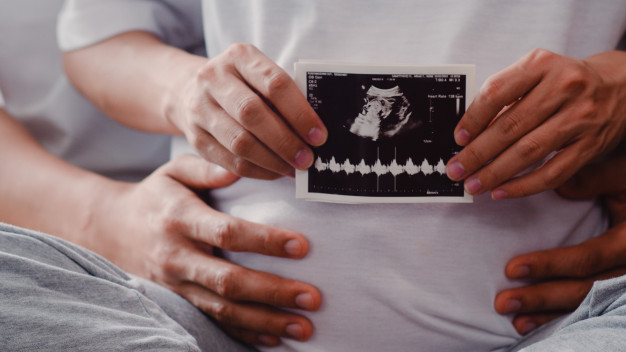Introduction
Becoming aware of the early signs and symptoms of pregnancy is crucial for women planning to conceive or those who suspect they may be pregnant. While every woman’s experience differs, there are some common indicators that may signal the onset of pregnancy. From subtle changes to more pronounced symptoms, understanding what to expect can help individuals navigate this transformative journey with greater ease and confidence.
Recognizing Early Signs of Pregnancy
Missed Period
One of the earliest and most definitive signs of pregnancy is a missed menstrual period. For women with regular menstrual cycles, a missed period can prompt them to consider the possibility of pregnancy. However, it’s essential to note that other factors, such as stress or hormonal fluctuations, can also cause irregularities in menstruation.
Fatigue and Exhaustion
Feeling unusually tired or fatigued is another common early symptom of pregnancy. The body undergoes significant hormonal changes during early pregnancy, which can contribute to feelings of exhaustion. Increased levels of progesterone, in particular, may induce drowsiness and a need for more rest.
Nausea and Morning Sickness
Nausea, often accompanied by vomiting, is a hallmark symptom experienced by many pregnant women, especially during the first trimester. While commonly referred to as “morning sickness,” these symptoms can occur at any time of the day or night. The exact cause of morning sickness is not fully understood, but hormonal changes and heightened sensitivity to certain odors are believed to play a role.
Breast Changes
Changes in the breasts are among the earliest signs of pregnancy. Women may notice their breasts becoming tender, swollen, or more sensitive to touch. The areolas (the area surrounding the nipples) may also darken in color. These changes are attributed to hormonal fluctuations as the body prepares for pregnancy and breastfeeding.
Frequent Urination
Increased frequency of urination is a common symptom that often begins early in pregnancy. This occurs due to hormonal changes and increased blood flow to the pelvic area, which stimulates the kidneys to produce more urine. While frequent urination can be bothersome, it is usually temporary and tends to improve as the pregnancy progresses.
Changes in Appetite
Some women may experience changes in appetite during early pregnancy, ranging from increased hunger to food aversions. Cravings for specific foods or a sudden dislike for foods one previously enjoyed are not uncommon. These changes are thought to be influenced by hormonal fluctuations and heightened senses of taste and smell.
Mood Swings
Fluctuations in mood are a common occurrence during pregnancy, often attributed to hormonal changes and the emotional adjustments associated with impending motherhood. Women may experience heightened emotions, ranging from joy and excitement to irritability and anxiety. Support from loved ones and open communication with healthcare providers can help manage these emotional changes.
When to Take a Pregnancy Test
Timing
For the most accurate results, it is recommended to take a home pregnancy test after a missed period or at least one week after suspected conception. Testing too early may yield false-negative results, as the levels of pregnancy hormones (hCG) may not be detectable yet.
How to Take a Pregnancy Test
Home pregnancy tests are readily available at pharmacies and supermarkets and can be taken in the privacy of one’s home. Follow the instructions provided with the test kit carefully for accurate results. If the test indicates a positive result, it is advisable to schedule an appointment with a healthcare provider for confirmation and further guidance.
Conclusion
Recognizing the early signs and symptoms of pregnancy is the first step in the journey to parenthood. While each woman’s experience may vary, understanding what to expect can help alleviate anxiety and uncertainty. From missed periods to changes in appetite and mood, paying attention to subtle cues from the body can provide valuable insights into one’s reproductive health. If pregnancy is suspected, it is essential to consult with a healthcare provider for confirmation and appropriate prenatal care. By staying informed and proactive, individuals can embark on this transformative journey with confidence and readiness.










